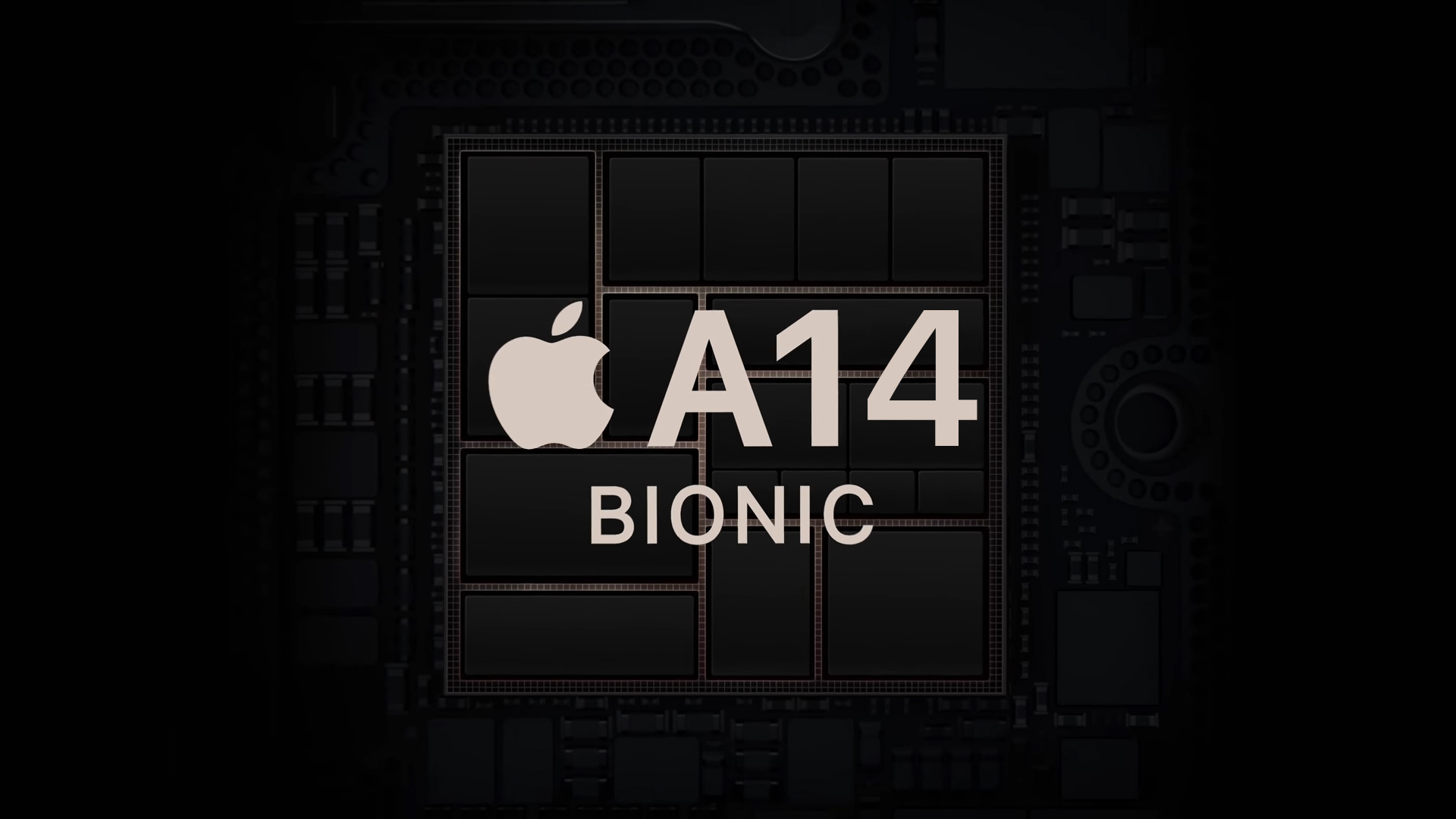Another issue is who is going to fab this mythical ARM processor?
Won't be Apple - they don't own a fab. Does Samsung have the capability to add the Mac computer line up?
Yes they do. Samsung and AMD have a 5nm chip coming that puts them solidly in the . The benchmarks on the new SoC puts them in spitting distance of the A12X in terms of GFXBench Manhattan and Aztec numbers.
Test performance figures cast a long shadow on the Qualcomm Adreno 650.

hexus.net
Enough to jump was past where Qualcomm has been sitting. Pretty good chance this is pre mature optimizations. Apple A14X will probably put another gap on this but they are being chased on a pretty similar fab foundation.
Could Apple do design layout optimization for Samsung for 'big chips'? Maybe, if it is a question of running out of available
Why would Samsung be willing to give Apple any kind of deal? Does qualcom have the fab capability?
5nm , 3nm , etc. fabs costs 10's of
Billions of dollars to build. It is one reason down to only basically three players now ( TSMC, Samsung, and eventually Intel a year or so behind. and only about one single vendor making the "printers". ). The overhead of building multple instantiations of these plants are so high that have to find multiple customers to run the volume to make the produced silicon affordable.
Qualcomm doesn't have a fab. Relatively nobody has one at the bleeding edge. ( if take the 3 player and divide by number of "fabless" shops... getting pretty close to zero; to the first 2, if not 3 , digits. ). Qualcomm is doing some of the mainstream 'bulk' SoC on Samsung.
[quote
Won't be TSMC. AMD purchased TSMCs entire capability for 5nm UV (or whatever the follow on to vanilla 5nm is).
[/quote]
Errrr probably not. TSMC 5P process is probably going to be a lot like their 7P process ( where AMD was also one of the few , if not only major customers ). 5P isn't necessarily what is going to be the 5+ ( or 4 nm or whatever hand waving their marketing comes up with. )
TSMC announces its N7+ process which entered HVM earlier this year is now shipping products to market.

fuse.wikichip.org
There is probably also an N5+ ( has opposed to N5P/HPC ). that is a more likely target for Apple to transition to in 2021 if there wasn't some way of squeezing more optimizations out of N5 with some better tools.
Apple put up the money to buy some of the TwinScan fab "printers" for TSMC. Apple extremely likely has 'first in line' rights whichever TSMC EUV process they want to be on since fronted money to buy the critical equipment. For example:
"... With reference to TSMC's N5 process,
ChainNews, via
RetiredEngineer, reports that Apple quickly stepped in to take up the slack provided by Huawei's cut-backs. It adds that Apple has, additionally, asked TSMC to add nearly 10,000 wafers per month (wpm) in Q4, for it next gen iDevices. ..."
Huawei cut orders due to lower smartphone shipments but TSMC was unfazed.

hexus.net
It is doubtful they'd want to 'fork' a A-series design onto one "P" lines. There probably will be a "had more time to optimize" 5 process that will get a 5+ label that isn't N3. Apple just bought more N5 ... which is what they needed. AMD more likely scooped up more N7 wafer starts dropped from Huawei than they did these N5P ( which is probably a much smaller pond to scoop from. )
They are also providing all of the silicon for the PS5 and the Xbox S (Zen 2 based CPU) Global Foundries doesn't have a 5nm process to fab with.
PS5 and Xbox S are more likely on N7+ or N6 and not 5.
Intel? They can't get to 10nm.
and Apple releases another Mac laptop on 10nm in addition to the MBA ... but somehow Intel isn't shipping in volume. This isn't true.
Intel's 7nm probably isn't as "doomed" as some folks try to make it out to be. If this is Intel XE-HPC
that would be on track for late 2021.
Intel's bigger problem is they don't "contract fab" well at all. They bought Agilex who was one of the supposed 'good' example of how they could.
As long as Intel holds onto 60+ % of the overall PC and Server market they'll be in decent shape to serve as a proxy of enough customers to keep up with the fab budget increase price growth. They are probably going to have to continue to kick out "other stuff" with substantially lower margins that has sometimes clogged up their flow. Modems are gone now. They sold off the "consumer internet" stuff recently. Some of the lower end PCH I/O chipset will probably get chucked, etc.
And at some point if Intel happen to collapsed on fab then Global Foundaries would probably get back in the game. Or Intel will have to "figure out" 3rd party fab business. Both of those are not going to happen short term.
Intel isn't going to "spill out" quickly into the shared market causing massive log jams for a long period of time.







